Iran to pursue water dispute with Afghanistan through legal channels, says FM spox
Iran’s foreign ministry spokesman Saeed Khatibzadeh says the country will pursue its rights to water supply from the Hirmand River through legal channels amid a longstanding water dispute with neighboring Afghanistan.
Speaking to IRNA on the sidelines of his visit on Saturday to the Dogharoun border crossing, which connects Afghanistan's Herat with Iran's Mashhad, Khatibzadeh said Afghanistan has so far failed to adhere to the terms of the 1973 water treaty between the two sides.
He noted that high commissioners of the two countries have discussed ways to secure Iran’s water rights from the Hirmand River, known as Helmand River in Afghanistan, on several occasions in the border province of Sistan-Baluchistan, without any significant breakthrough.
Iran and Afghanistan have been locked in a protracted water dispute, which has prevented them from realizing the vast potential of bilateral trade ties.
At the heart of the dispute is the Hirmand River, which originates in the Hindu Kush Mountains near Kabul and flows 700 miles (1,126 kilometers) south before flowing into Hamoun wetlands, located in Iran’s Sistan and Baluchestan province.
The two countries signed a water-sharing accord on the Hirmand River in 1973, under which Afghanistan pledged to deliver an average of 820 million cubic meters of water per annum to Iran.
Iran has repeatedly criticized Afghanistan for failing to honor the agreement in letter and spirit.
What has made the dispute bitter is the construction of many hydroelectric projects on the river, most importantly the Kamal Khan dam in Nimrouz province, and the Kajaki dam 100 miles (160 km) northwest of Kandahar province.
In January, the caretaker Taliban government in Kabul announced that they had released water from the Kamal Khan Dam for the first time in decades.
However, Iranian officials later expressed dissatisfaction with the amount of water that had reached marches and wetlands in the arid Sistan region.
It came after the visit of a high-ranking Taliban delegation, led by the group's top diplomat Amir Khan Muttaqi, to Iran on January 10 who held wide-ranging talks with Iranian officials on the longstanding water dispute among other issues.
Iranian delegation due in Afghanistan over water dispute: MP
Meanwhile, a member of the Iranian Parliament’s National Security and Foreign Policy Committee said on Saturday that a delegation is slated to travel to Afghanistan to hold talks with the Taliban officials on the water-sharing dispute and other issues.
“Given the critical situation and the possibility of a drought, the Taliban must immediately recognize [Iran’s] water right to water in accordance with international regulations,” lawmaker Fada Hossein Maleki was quoted as saying.
Earlier this month, Amir-Abdollahian decried the acting Taliban government for its approach toward Iran's water rights, urging it to act in a better way.
“We are not happy with Afghanistan’s ruling government regarding the issue of Hirmand. However, we had held meetings with the acting Afghan foreign minister and successfully secured a reaffirmation of the notion that the Islamic Republic of Iran’s right to the water of the River Hirmand is reserved in several rounds of diplomatic talks, as well as in the Afghan media,” Amir-Abdollahian said in a closed session of the Iranian parliament.
He added that meetings with the Afghan foreign minister were successful in allocating a portion of the river’s waters to Iran from Afghanistan’s Kamal Khan dam.
“When the dam was full of water, we wanted to open the valves and let the water out, but Afghanistan said that if we did not open the dredging, the water would be reversed and our turbines would have problems,” the minister said.
The top Iranian diplomat warned that Iran will take legal measures if the Taliban fail to secure the country’s water rights “because the supplement of Iran’s water rights from Hirmand [River] plays a decisive role in our strategic policy towards Afghanistan’s acting Taliban government.”
UNIFIL chief says has 'no evidence' of Hezbollah rearming in south Lebanon
VIDEO | Press TV's news headlines
Trump’s son-in-law part of Israeli-tied firm’s bid for CNN's parent company
Zelensky facing ‘growing pressure’ from US to accept Trump's Ukraine plan: Report
Tony Blair cut from Trump’s Gaza ‘Board of Peace’; Hamas welcomes move
Israeli surveillance targets US forces, allies at southern command center: Report
VIDEO | Iran, Brazil to boost clean-energy cooperation
Southern Silk Road: Iran, Turkey remap Eurasian trade


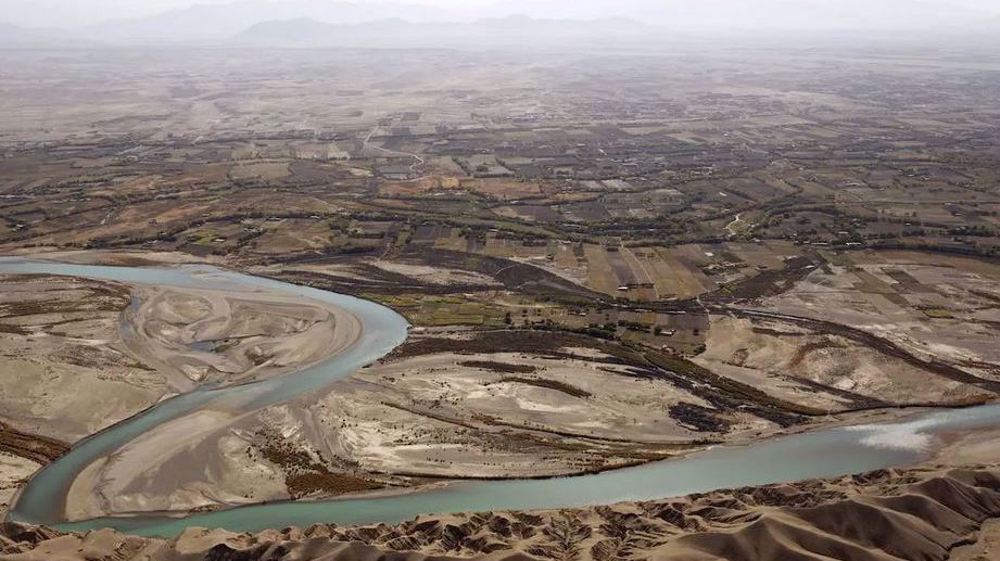
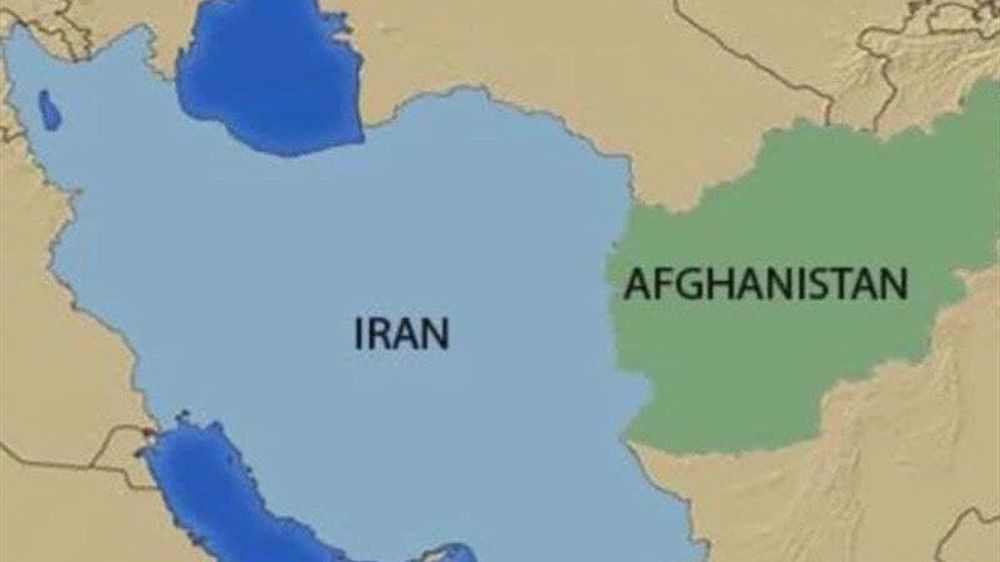
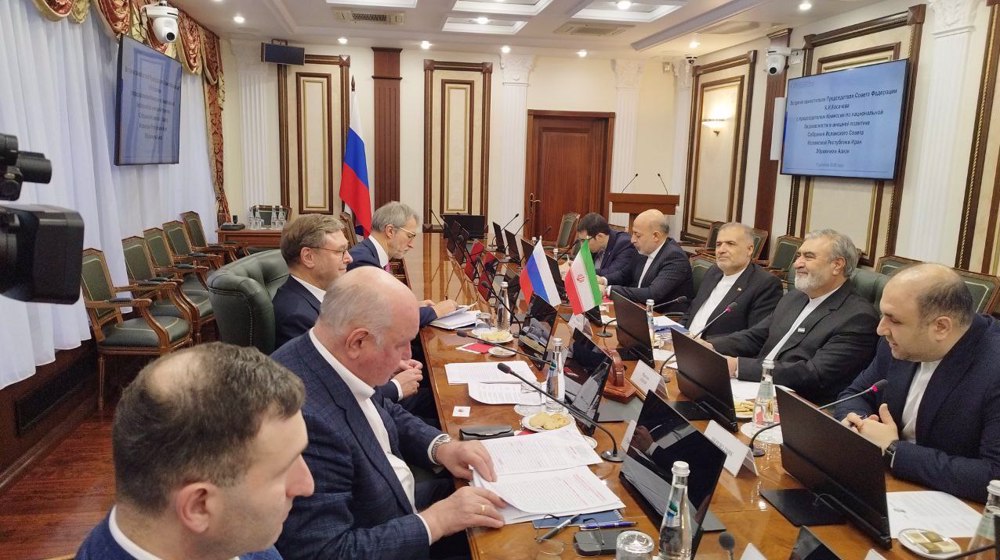
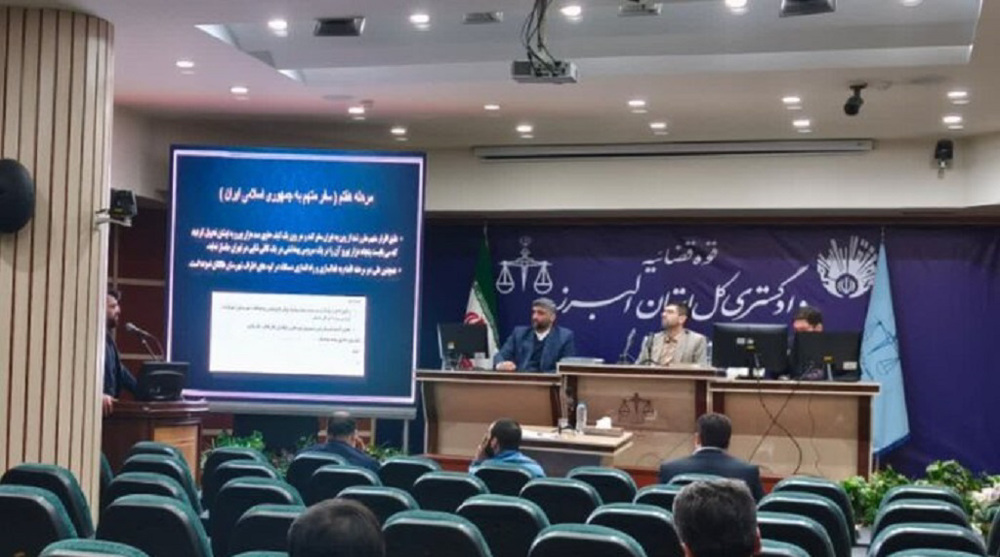
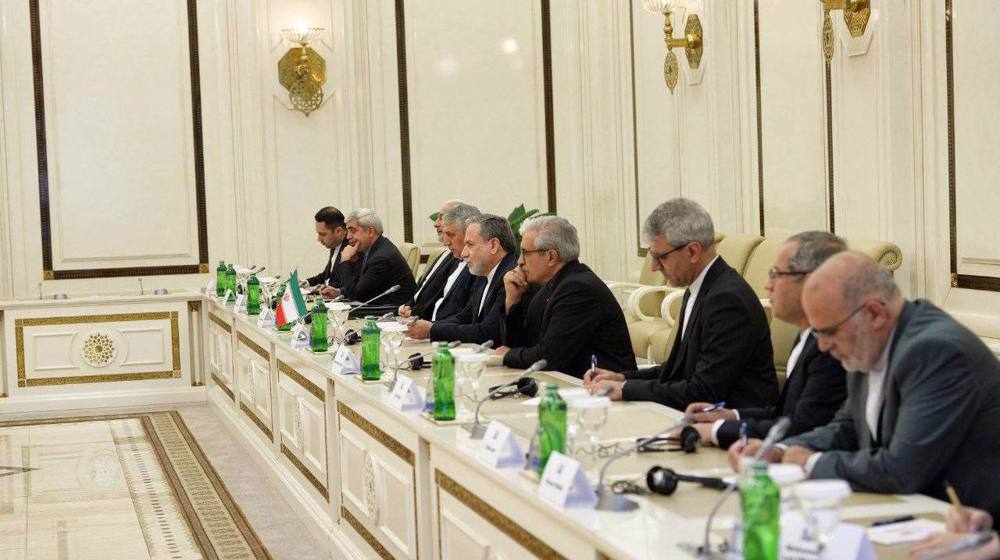



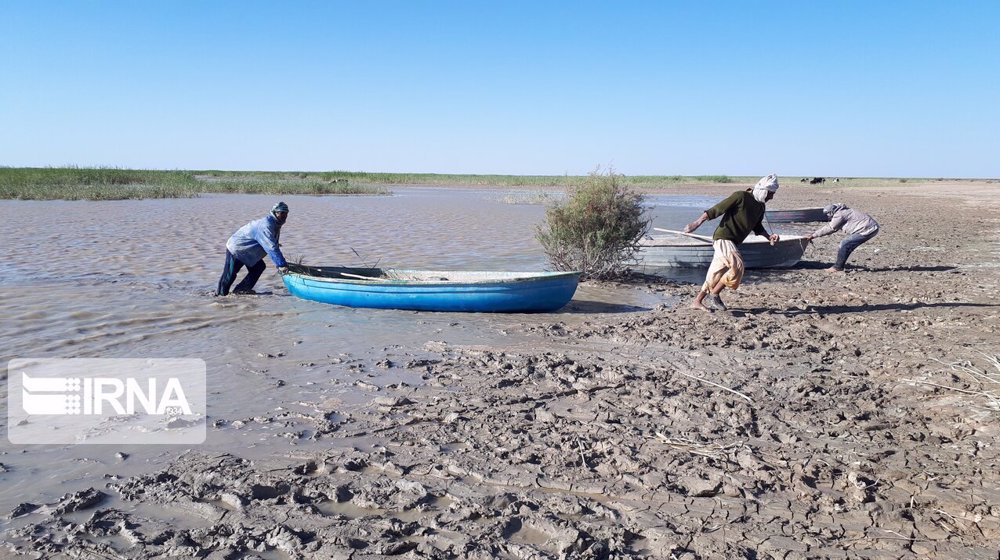
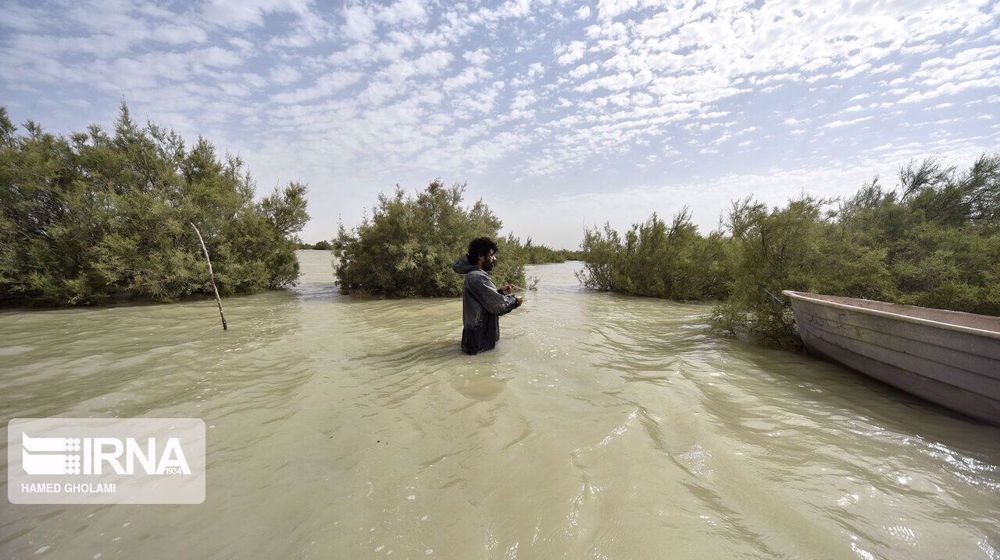
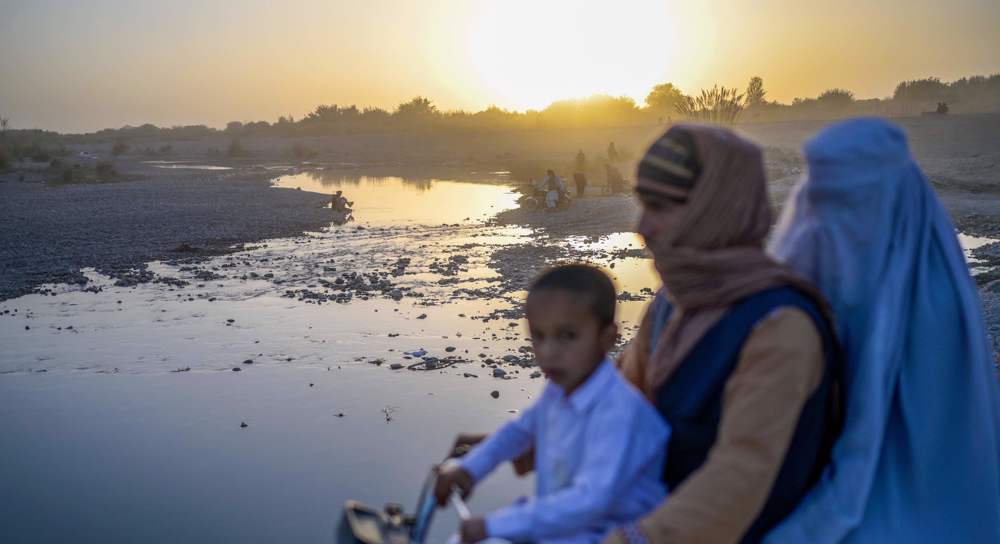

 This makes it easy to access the Press TV website
This makes it easy to access the Press TV website